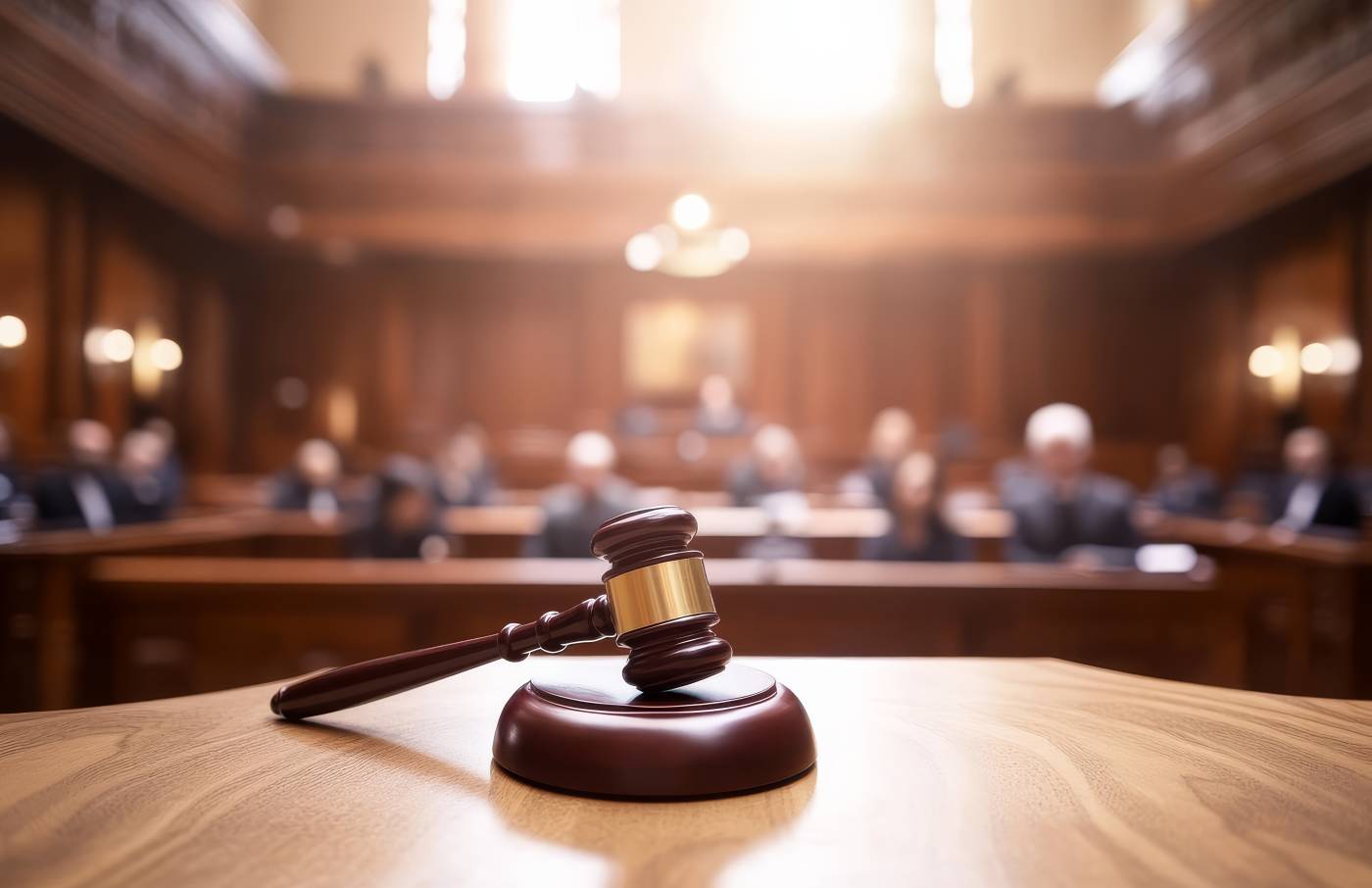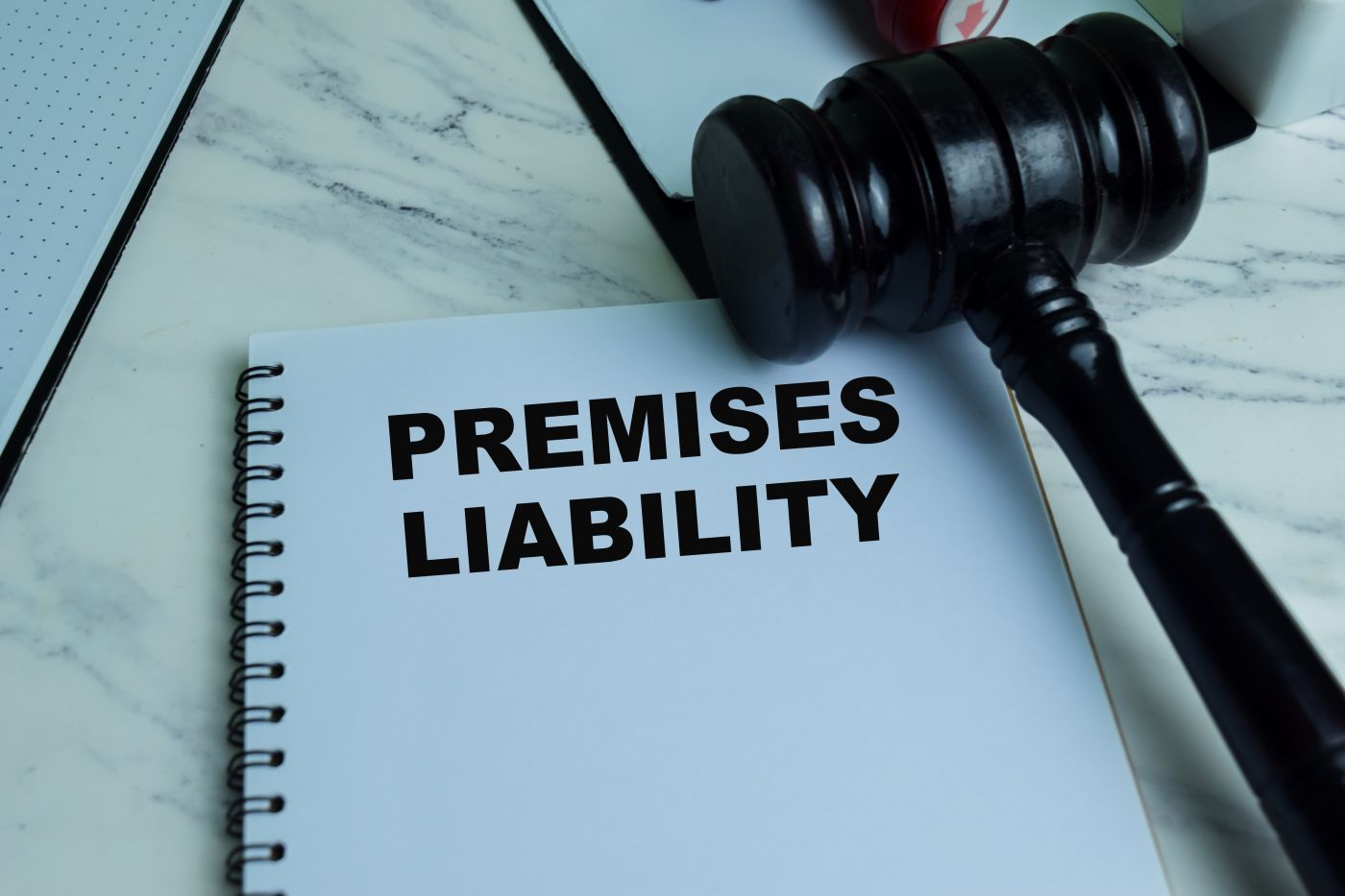
When someone's rights are violated by law enforcement, the experience can be terrifying, humiliating, and confusing. Police officers are granted significant power, but that power has limits, and when those limits are crossed, victims have the right to seek justice. For people in Missouri and across the country, civil rights laws exist to protect against police misconduct.
Victims of police abuse need more than just a strong sense of injustice—they need proof, legal support, and a solid plan. Building a civil rights case involves collecting evidence, documenting injuries, filing complaints, and often going up against powerful institutions. Fortunately, an experienced attorney at The McCallister Law Firm in Kansas City, Missouri, can help you build a strong case.
What Counts as Police Abuse?
Before filing a civil rights lawsuit, it’s important to understand what kinds of actions qualify as abuse or misconduct. Not every unpleasant police encounter will rise to the level of a rights violation, but some definitely do. Here are common forms of police misconduct that may lead to a civil rights case:
Excessive force: Using more physical force than necessary to control a situation
False arrest or imprisonment: Detaining someone without probable cause or a valid warrant
Racial profiling or discrimination: Targeting individuals based on race, ethnicity, religion, or appearance
Illegal search and seizure: Searching property or a person without a warrant, consent, or valid reason
Denial of medical care: Refusing or delaying medical attention while someone is in custody
Retaliation: Punishing individuals for exercising their rights, like filming police or filing complaints
If you're unsure whether what happened qualifies, it’s always worth talking to a civil rights attorney. What may seem like a grey area could be a serious rights violation once all the facts are on the table. Don’t downplay your experience—it might carry more legal weight than you think.
Acting Quickly Matters
Time is a critical factor in civil rights cases. Evidence can disappear, memories fade, and legal deadlines creep closer every day. Taking action early can make or break your claim. Here’s what victims should do as soon as possible after an incident:
Write down everything: Record the date, time, and location of the incident. Include names, badge numbers, and descriptions of all involved officers.
Collect witness information: Get the names and contact details of anyone who saw what happened.
Take photos and videos: Document injuries, damaged property, or the scene of the incident.
Seek medical attention: Visit a doctor to diagnose and treat injuries. Keep all records.
Preserve clothing and items: Don’t wash or throw away anything from the incident until after you speak with a lawyer.
Acting quickly does more than protect evidence—it shows that you’re taking the situation seriously. The sooner you move, the more control you’ll have over your own case and future.
Gathering Solid Evidence
Police departments often control access to the most valuable pieces of evidence, like bodycam footage or incident reports. That’s why victims must be proactive in collecting what they can, while also working with an attorney to access restricted materials. Here’s how victims can gather the right proof:
Request public records: In Missouri, individuals can file a Sunshine Law request for police records and reports.
Get bodycam and dashcam footage: These videos may show what actually happened during the incident.
Save all communication: Keep voicemails, emails, and texts related to the incident or the aftermath.
Secure surveillance footage: If the incident happened near a business or home with cameras, request copies before they’re erased.
Log emotional impact: Keep a journal to describe anxiety, depression, PTSD, or sleep issues following the abuse.
The stronger your evidence, the harder it is for anyone to dismiss or discredit your story. With detailed documentation and credible records, you're building a case that speaks for itself—loud and clear.
Filing an Internal Complaint
While internal police investigations aren’t always effective, filing a complaint with the department can still help. It creates a paper trail and may spark disciplinary action—or at least show that you tried to use the proper channels before heading to court. Here’s how to make a department complaint work in your favor:
Submit the complaint in writing: Be as clear and detailed as possible, using the same facts collected earlier.
Keep a copy for yourself: Don’t rely on the department to keep records accessible.
Track your communications: Note who you spoke with and when, especially if you’re being ignored.
Stay professional: Avoid emotional or accusatory language—it may be used against you later.
Filing a complaint shows that you're pursuing accountability through every available route. Even if it doesn't lead to immediate action, it reinforces the seriousness of your claims and may support future legal arguments.
Filing the Lawsuit
According to the Cornell Law School Legal Information Institute, civil rights lawsuits are typically filed under Section 1983 of the U.S. Code, which allows people to sue public officials for violating their constitutional rights. Your lawyer will draft and file the complaint, which kicks off the legal process. Here’s what happens once the lawsuit is filed:
The discovery process begins: Both sides exchange evidence and depose witnesses.
The city may file motions to dismiss: Your attorney must respond with arguments and evidence.
Settlement negotiations can start anytime: Cities often try to settle to avoid bad publicity or large verdicts.
Trial may follow if no agreement is reached: If settlement talks fail, your case could go in front of a jury.
Appeals may follow a verdict: If either side disagrees with the outcome, they may appeal the decision.
Lawsuits can take time and patience, but they can also lead to real justice. With strong evidence, skilled legal representation, and perseverance, your case has the potential to make an impact far beyond the courtroom.
Staying Emotionally and Physically Grounded
Civil rights cases are draining. Victims of police abuse often deal with more than legal stress—they face ongoing trauma, fear of retaliation, and personal challenges. Staying grounded through the process is just as important as preparing the case. Here are a few self-care strategies that can help:
Connect with mental health professionals: Therapy can help manage trauma and anxiety.
Join local support groups: Talking with others who’ve been through it can be healing.
Lean on friends and family: Don’t go through it alone—build a network of people you trust.
Focus on health: Eat well, sleep regularly, and keep up with doctor visits.
Take breaks from the process: Let your attorney handle the legal side so you can breathe.
You don’t have to be in survival mode the whole time. Taking care of yourself—mentally, emotionally, and physically—gives you the strength to keep going and makes you a more powerful advocate for your own rights.
Fighting for Systemic Change
Winning a civil rights case doesn’t just benefit the individual—it can trigger larger reforms. A successful case might expose dangerous officers, encourage better training, or push cities to change policies. Here’s how legal action can create a broader impact:
Public awareness increases: Media coverage can shift public opinion and build support for reform.
Departments face accountability: Cities may discipline officers or launch internal reviews after a verdict.
Policy changes follow lawsuits: Lawsuits can spark reviews of use-of-force policies or training procedures.
Other victims may come forward: One brave lawsuit can inspire others to speak up about police abuse.
You may be one person filing a claim, but the ripple effect can reach across a city or even the nation. That’s the power of standing up when your rights have been violated. You're not just fighting for yourself—you're fighting for change.
Reliable Representation
Building a strong civil rights case after police abuse takes courage, evidence, and support. Working with the right attorney can help you be heard, believed, and made whole. We serve clients in Kansas City, Missouri. Reach out to The McCallister Law Firm today to schedule a free consultation.



